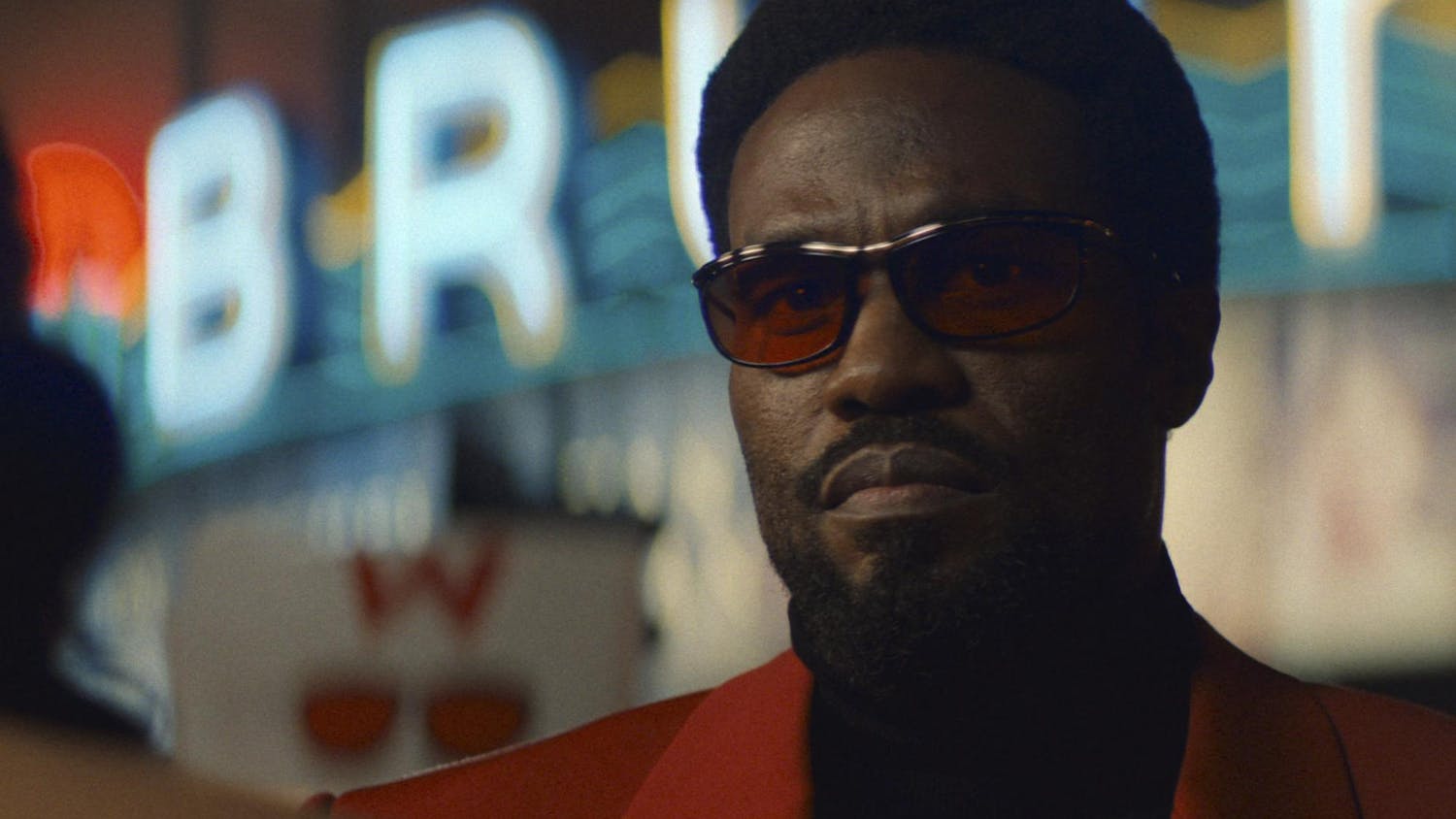The United States does not need to apologize to Japan for the atomic bombs we dropped in 1945.
In the final month of World War II, Hiroshima and Nagasaki became the first and only cities ever struck by nuclear blasts.
John Kerry visited Hiroshima’s Peace Memorial Park on Monday, making him the first secretary of state to do so. Some wanted Kerry to formally apologize for the devastation the U.S. caused there more than seven decades ago. He didn’t, and that’s the way it should be.
A 2015 Pew Research Center survey showed that Americans still view the atomic bombings as justified by a 56-34 margin. The poll shouldn’t even be that close. The human cost of letting the war continue would’ve been far worse than the bombings.
Look no further than the gruesome battle that claimed the life of famous war correspondent Ernie Pyle. Pyle was one of more than 200,000 who perished during the fight for Okinawa, a small island near Japan.
Now imagine the U.S. didn’t use the atomic bomb and was instead forced to end World War II by invading Japan, a country more than 150 times the size of Okinawa.
This idea isn’t far-fetched. You probably know about D-Day, but American leaders were equally as prepared to launch something called X-Day, which was the planned invasion of Japan.
X-Day’s bloodshed would’ve made D-Day look tame. The Japanese loss of life alone could’ve eclipsed 10 million.
Let that sink in. Hundreds of thousands of Japanese died in the atomic bombings, but more than 10 million could’ve sacrificed themselves in an invasion.
American casualty estimates of the invasion were so high that the U.S. ramped up production of Purple Hearts, which are medals awarded to those wounded or killed while serving.
Although no official tally of Purple Hearts is kept, most of the awards given since World War II had been manufactured with the invasion of Japan in mind. Even today, many of the medals in stock date back to 1945.
This means when Ernie Pyle was posthumously awarded the Purple Heart forty years after his death, his medal was made the same year that he met his fate on Okinawa.
Americans who earned Purple Hearts in Vietnam and Afghanistan might have received medals that were intended for soldiers decades earlier.
Put simply, X-Day was expected to bring more carnage than has actually happened in every U.S. war since.
Instead, because of the atomic bombings, neither side suffered the cataclysm of X-Day, and all those Purple Hearts remained on the shelf.
Only once Japan’s leaders witnessed Hiroshima and Nagasaki did they grasp the need to surrender and stop the violence that still raged in China, Korea and the Pacific.
Nuclear blasts were the tragic but necessary cost of finally ending the greatest war in human history.
Ultimately, every one of the atomic bomb’s victims deserves mourning and respect, but not an apology.





